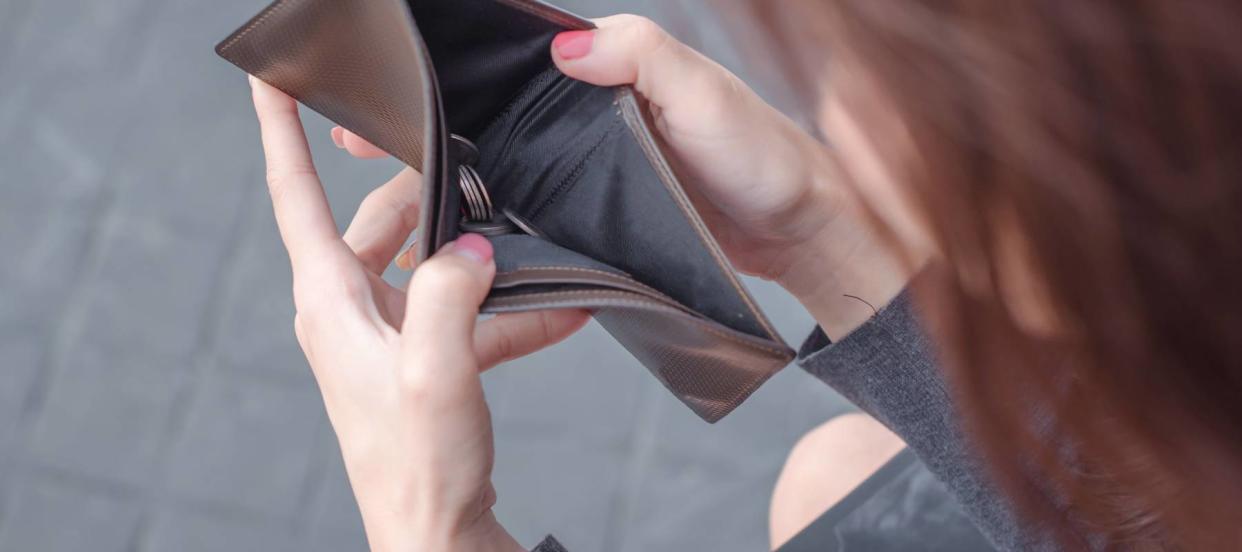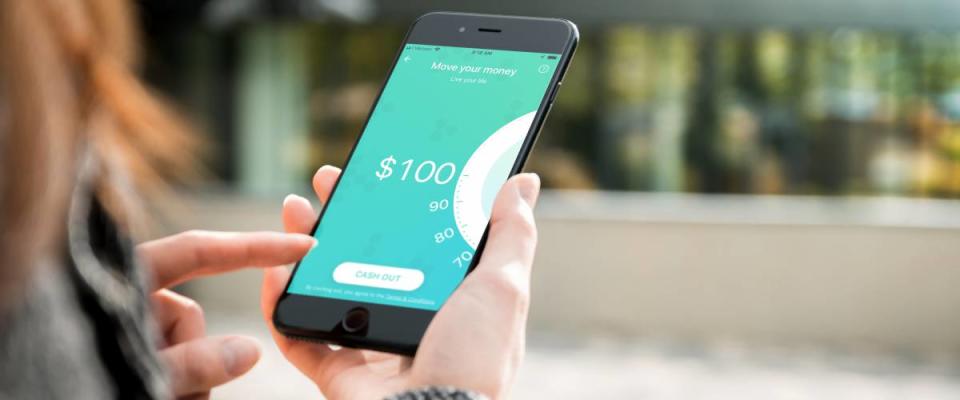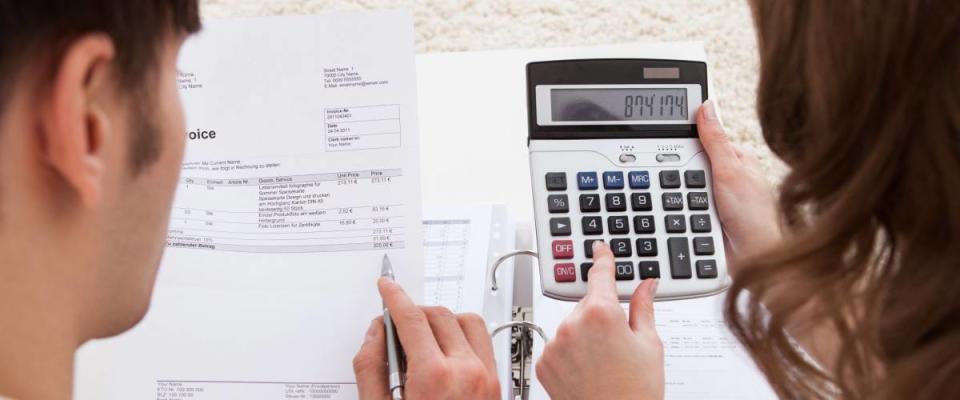Need Money Fast? 5 Better Ideas Than a Payday Loan

When your bank account is running on empty and you're not sure how to cover your rent or other important bills, the idea of walking into a payday loan office and walking out with a few hundred dollars can be tempting.
But it's a bad idea.
With the typical two-week payday loan, you pay fees that amount to staggering annual interest of 400%, says the U.S. Consumer Financial Protection Bureau, or CFPB.
And if you can't pay back the loan when it's due, you might take out another costly loan -- and wind up in a revolving door of debt.
Consider these cheaper and less painful alternatives to payday loans. And then, get working on building an emergency fund so you won't find yourself in this sort of predicament again.
1. Look into a personal loan

Personal loans offer a lot of flexibility: They can be used for just about anything.
They also unsecured — meaning you don't need to put up collateral, like a house or a car.
The loans are offered by banks, credit unions and online lenders, they have tend to have fixed interest rates, and you pay the money back in installments over the course of anywhere from two to seven years.
2. Get money from your employer

A worker uses the Earnin app.
Your boss might help you out of your financial jam: Some employers are willing to provide a paycheck advance. You'll want to talk with human resources or, if it's a small company, the owner of the business.
Or, you might download an app that will spare you from those potentially embarrassing conversations. Earnin and PayActiv give you access to the money you earn as you earn it, so you don't have to wait for your normal payday.
Meanwhile, some employers are offering their workers low-cost emergency loans using services such as HoneyBee, Salary Finance and TrueConnect.
3. Work out a payment plan

If it's routine bills that are putting you in a bind, reach out to the people you owe and see if they'll cut you a break.
You might be surprised to find that credit card issuers, your electric company, your auto lender and other creditors will be very willing to work with you.
Never just stop paying them, because they'll hit you with fees and report you to the credit bureaus. Instead, call and ask if they'll suspend your payments, or accept smaller ones that you can afford.
4. Get a cash advance from your bank

Your bank or credit union might be able to offer you a cash advance, have some sort of payday loan alternative or allow you to take an overdraft to help you through your financial crunch.
If you do choose to go this route, be sure that you're not paying sky-high interest, and beware of fees.
A 2018 Bankrate study found banks charge an average fee of more than $33 for a checking overdraft. A cash advance at an ATM using your debit card could trigger a fee of anywhere from few dollars up to 3% of the amount advanced.
5. Turn to your credit cards

As a last resort, you've got your credit cards. Paying your bills (though maybe not your mortgage) with plastic or even taking a cash advance from a credit card will likely be cheaper than a payday loan.
But the downsides are that you'll be piling up credit card debt, and an advance will come with a high APR (annual percentage rate) and a fee — usually $10 or 5%, whichever is higher.
You'll need to pay off the balance as quickly as you can, to avoid interest charges that will pump up the amount you owe over time.

